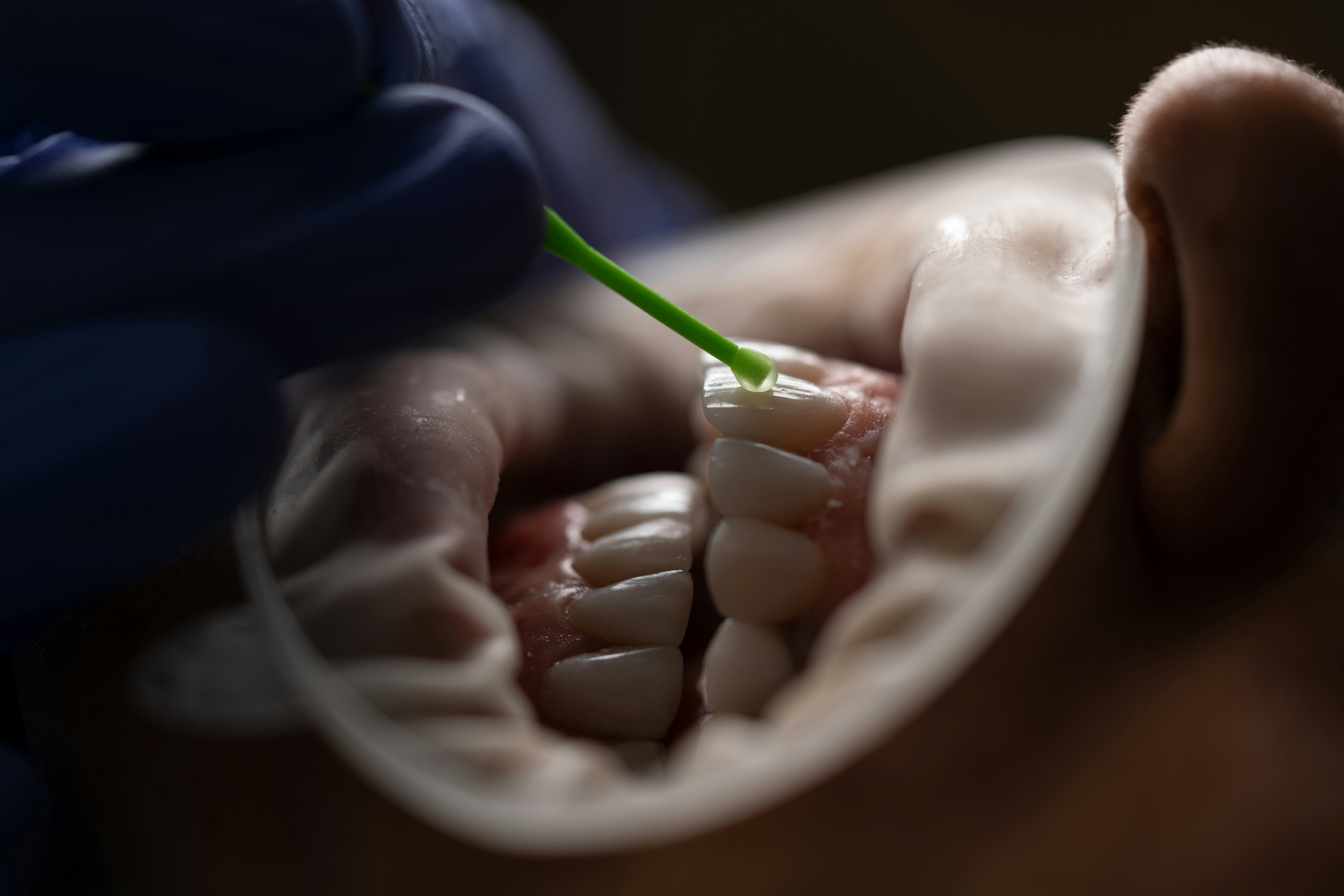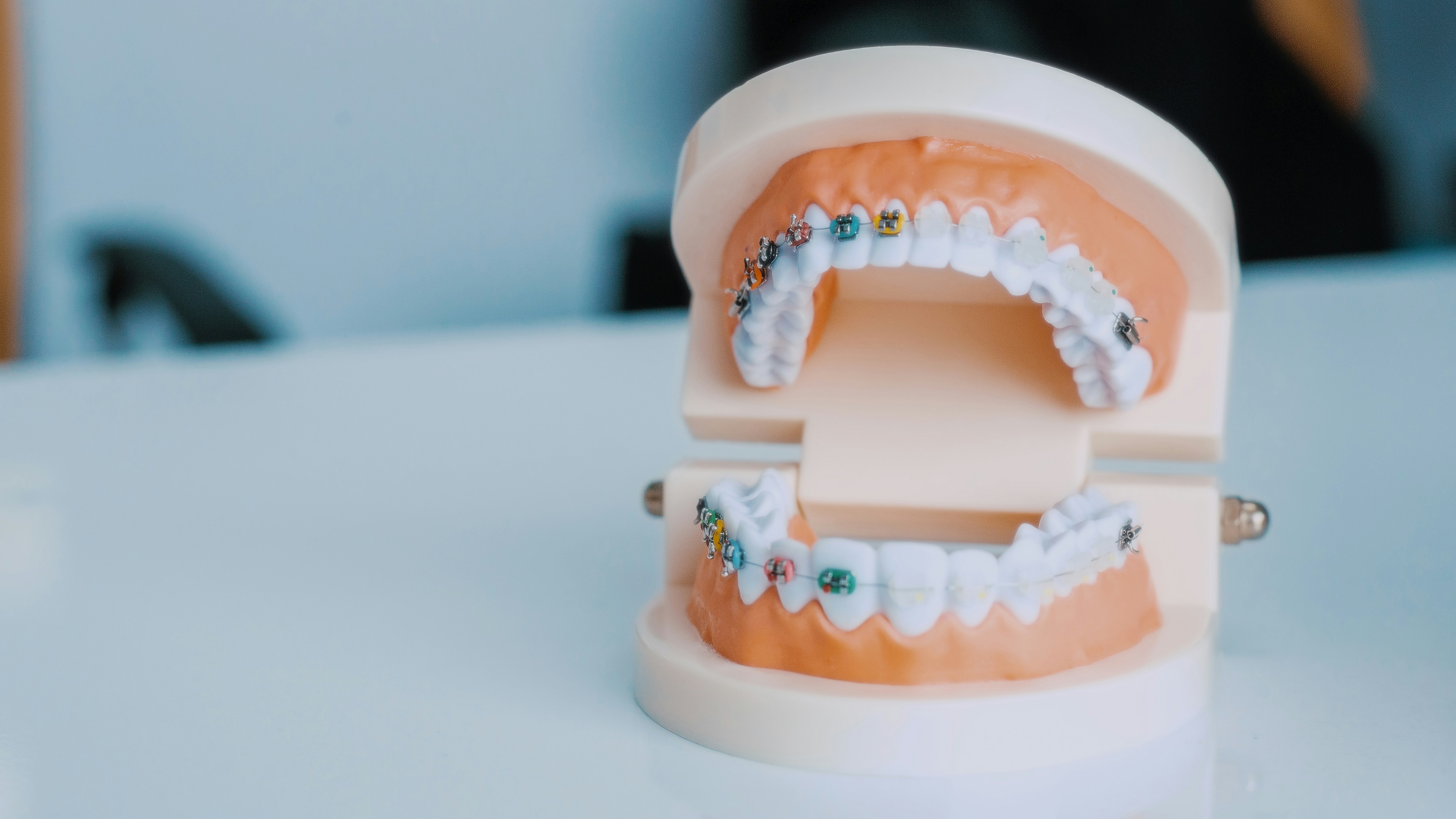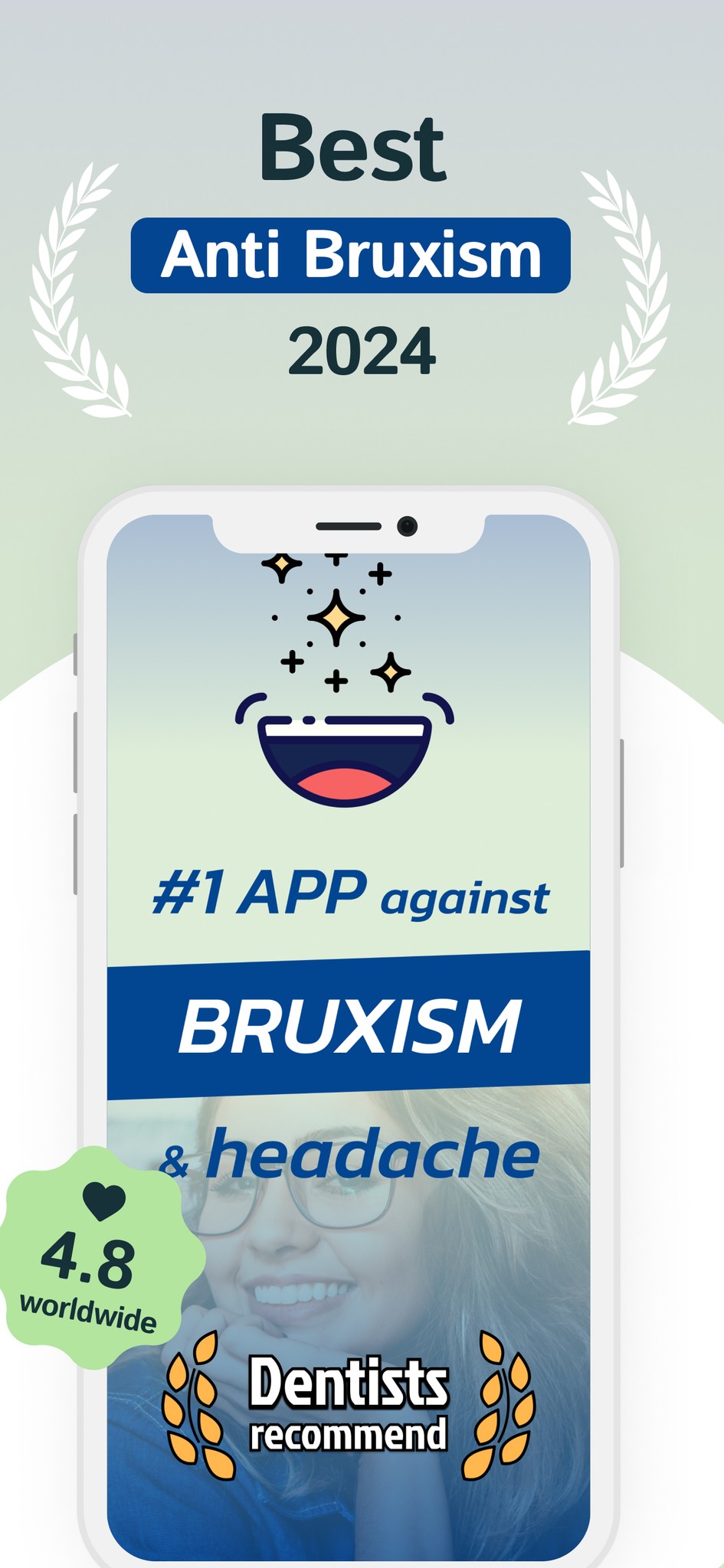
18 oct. 2024
Bruxism: Understanding the Causes and Effective Treatment Options
Bruxism, commonly known as teeth grinding, can affect anyone, from children to adults. While it may seem like a benign habit, chronic bruxism can lead to serious dental problems, including tooth wear and jaw pain. Understanding the underlying causes and exploring effective treatment options is essential for managing this condition. In this article, we will discuss what causes bruxism and how the Bruxism+ app can aid in its management.
Common Causes of Bruxism
Bruxism can result from a combination of physical, psychological, and lifestyle factors. Here are some of the most common causes:
Stress and Anxiety: Emotional stress is one of the leading contributors to bruxism. When faced with anxiety, individuals may unconsciously grind their teeth as a coping mechanism.
Sleep Disorders: Conditions such as sleep apnea can cause teeth grinding during the night, disrupting sleep and exacerbating bruxism.
Dental Issues: Misalignment of teeth or jaw can lead to bruxism, as the body attempts to compensate for discomfort.
Medications: Certain medications, particularly those for depression and anxiety, can increase the likelihood of bruxism as a side effect.
Identifying the specific causes of bruxism is the first step toward effective treatment.
Effective Treatment Options for Bruxism
There are various treatment options available for managing bruxism, depending on the underlying causes:
Stress Management Techniques: Engaging in relaxation exercises, mindfulness, and therapy can significantly reduce stress-related grinding. The Bruxism+ app offers a range of relaxation exercises tailored to help users cope with stress and anxiety.
Dental Appliances: Custom night guards can protect teeth from grinding and minimize damage. Consult with a dentist to determine if this option is right for you.
Behavioral Therapy: Cognitive-behavioral therapy (CBT) can help individuals recognize and change the thought patterns contributing to bruxism.
Lifestyle Changes: Avoiding stimulants such as caffeine and alcohol, especially in the evening, can help reduce grinding.
How Bruxism+ Can Help
The Bruxism+ app is a valuable resource for anyone struggling with teeth grinding. It provides users with a platform to track their symptoms, identify triggers, and access a variety of stress-reduction exercises. By logging episodes of bruxism and their related stress levels, users can gain insights into their habits and make informed decisions about their treatment options.
Conclusion
Bruxism is a common condition that can have significant effects on dental health and overall well-being. By understanding its causes and exploring effective treatment options, individuals can take control of their bruxism. Utilizing the Bruxism+ app as part of your management strategy can empower you to address this condition proactively and improve your quality of life.
Bruxism, commonly known as teeth grinding, can affect anyone, from children to adults. While it may seem like a benign habit, chronic bruxism can lead to serious dental problems, including tooth wear and jaw pain. Understanding the underlying causes and exploring effective treatment options is essential for managing this condition. In this article, we will discuss what causes bruxism and how the Bruxism+ app can aid in its management.
Common Causes of Bruxism
Bruxism can result from a combination of physical, psychological, and lifestyle factors. Here are some of the most common causes:
Stress and Anxiety: Emotional stress is one of the leading contributors to bruxism. When faced with anxiety, individuals may unconsciously grind their teeth as a coping mechanism.
Sleep Disorders: Conditions such as sleep apnea can cause teeth grinding during the night, disrupting sleep and exacerbating bruxism.
Dental Issues: Misalignment of teeth or jaw can lead to bruxism, as the body attempts to compensate for discomfort.
Medications: Certain medications, particularly those for depression and anxiety, can increase the likelihood of bruxism as a side effect.
Identifying the specific causes of bruxism is the first step toward effective treatment.
Effective Treatment Options for Bruxism
There are various treatment options available for managing bruxism, depending on the underlying causes:
Stress Management Techniques: Engaging in relaxation exercises, mindfulness, and therapy can significantly reduce stress-related grinding. The Bruxism+ app offers a range of relaxation exercises tailored to help users cope with stress and anxiety.
Dental Appliances: Custom night guards can protect teeth from grinding and minimize damage. Consult with a dentist to determine if this option is right for you.
Behavioral Therapy: Cognitive-behavioral therapy (CBT) can help individuals recognize and change the thought patterns contributing to bruxism.
Lifestyle Changes: Avoiding stimulants such as caffeine and alcohol, especially in the evening, can help reduce grinding.
How Bruxism+ Can Help
The Bruxism+ app is a valuable resource for anyone struggling with teeth grinding. It provides users with a platform to track their symptoms, identify triggers, and access a variety of stress-reduction exercises. By logging episodes of bruxism and their related stress levels, users can gain insights into their habits and make informed decisions about their treatment options.
Conclusion
Bruxism is a common condition that can have significant effects on dental health and overall well-being. By understanding its causes and exploring effective treatment options, individuals can take control of their bruxism. Utilizing the Bruxism+ app as part of your management strategy can empower you to address this condition proactively and improve your quality of life.
Bruxism, commonly known as teeth grinding, can affect anyone, from children to adults. While it may seem like a benign habit, chronic bruxism can lead to serious dental problems, including tooth wear and jaw pain. Understanding the underlying causes and exploring effective treatment options is essential for managing this condition. In this article, we will discuss what causes bruxism and how the Bruxism+ app can aid in its management.
Common Causes of Bruxism
Bruxism can result from a combination of physical, psychological, and lifestyle factors. Here are some of the most common causes:
Stress and Anxiety: Emotional stress is one of the leading contributors to bruxism. When faced with anxiety, individuals may unconsciously grind their teeth as a coping mechanism.
Sleep Disorders: Conditions such as sleep apnea can cause teeth grinding during the night, disrupting sleep and exacerbating bruxism.
Dental Issues: Misalignment of teeth or jaw can lead to bruxism, as the body attempts to compensate for discomfort.
Medications: Certain medications, particularly those for depression and anxiety, can increase the likelihood of bruxism as a side effect.
Identifying the specific causes of bruxism is the first step toward effective treatment.
Effective Treatment Options for Bruxism
There are various treatment options available for managing bruxism, depending on the underlying causes:
Stress Management Techniques: Engaging in relaxation exercises, mindfulness, and therapy can significantly reduce stress-related grinding. The Bruxism+ app offers a range of relaxation exercises tailored to help users cope with stress and anxiety.
Dental Appliances: Custom night guards can protect teeth from grinding and minimize damage. Consult with a dentist to determine if this option is right for you.
Behavioral Therapy: Cognitive-behavioral therapy (CBT) can help individuals recognize and change the thought patterns contributing to bruxism.
Lifestyle Changes: Avoiding stimulants such as caffeine and alcohol, especially in the evening, can help reduce grinding.
How Bruxism+ Can Help
The Bruxism+ app is a valuable resource for anyone struggling with teeth grinding. It provides users with a platform to track their symptoms, identify triggers, and access a variety of stress-reduction exercises. By logging episodes of bruxism and their related stress levels, users can gain insights into their habits and make informed decisions about their treatment options.
Conclusion
Bruxism is a common condition that can have significant effects on dental health and overall well-being. By understanding its causes and exploring effective treatment options, individuals can take control of their bruxism. Utilizing the Bruxism+ app as part of your management strategy can empower you to address this condition proactively and improve your quality of life.
Nos dernières histoires :


15 nov. 2024
Dietary Changes That May Help Reduce Bruxism Symptoms


11 nov. 2024
The Impact of Jaw Alignment on Bruxism: What You Need to Know


8 nov. 2024
Comprendre l'apnée du sommeil et son lien avec le bruxisme
Voir tous les posts
Médias sociaux
Médias sociaux
Médias sociaux


